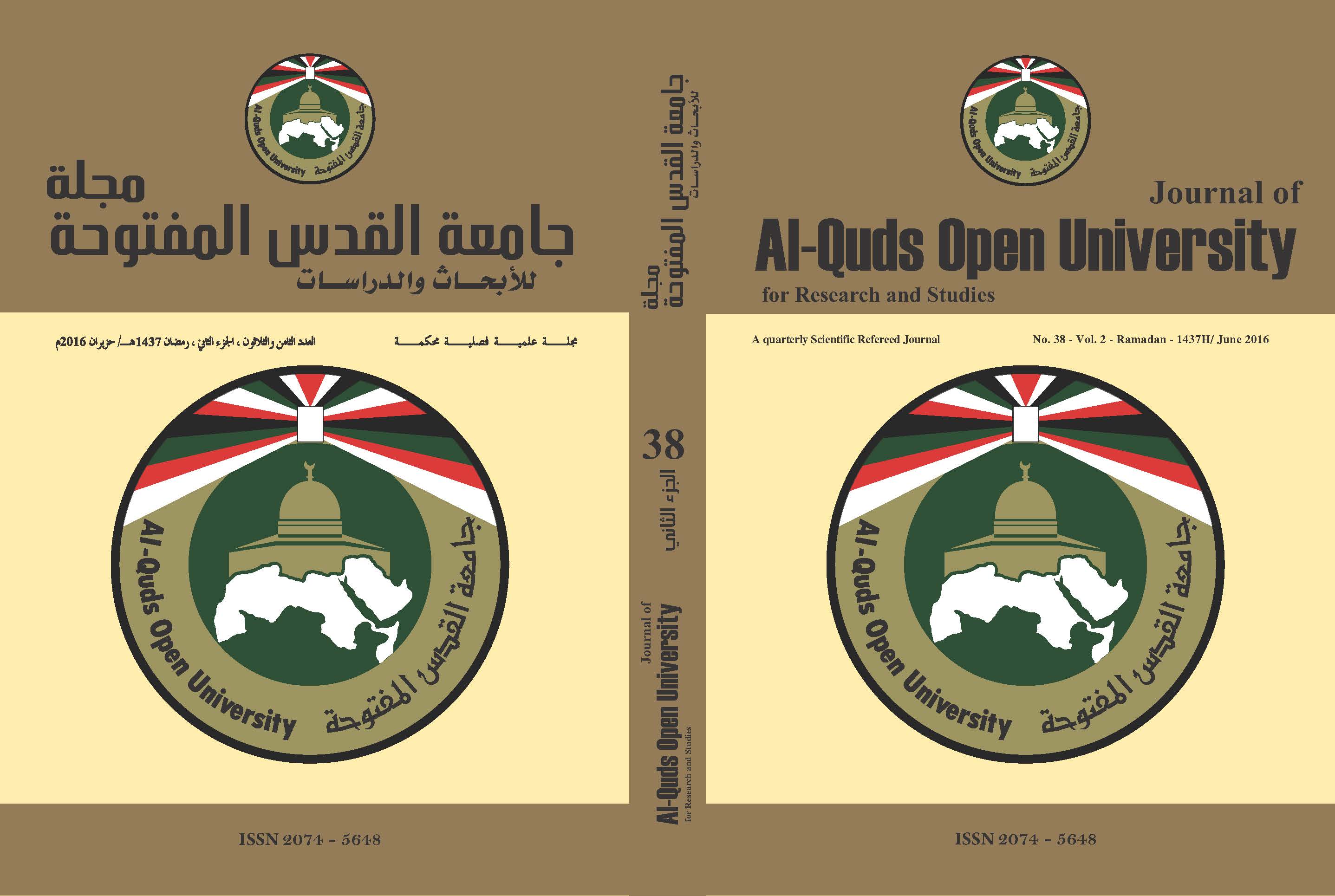Crusader Spanish Policy Towards Al- Maghreb After the Fall of Granada from 1492- 1504 A. D. (897- 910 AH)
Keywords:
crusades, Crusader Spanish Policy, Al- Maghreb, the Fall of GranadaAbstract
The Spanish policy towards Islamic Maghreb countries represented
an important series of the Christian- Muslim conflict in the structure of the
ancient Crusades Wars. The Spanish root- goals in the Maghreb countries
refer to the early eras of that history of the conflict, but their echoes were soon
carried out on the ground after the weakness and collapse of the Almohad
State in Al- Andalus and Maghreb countries at beginning of the 13th A. D.
The aggressive policy reached its climax when the Spaniards eliminated
the Islamic rule in Al- Andalus after the collapse of Granada in 1492 A. D. Thus,
the way became so easy to shift the conflict to the Maghreb countries under
the auspices of the papacy and direct supervision of the Spanish religious and
political establishments to control the Maghreb countries and to evangelize
its people. The colonialists had other political and economic ambitions, and
so they controlled the two towns of Melilla and Ghasasa, which formed the
climax of the Spanish colonial achievements in the Maghreb countries, and
used them as a foothold to launch and control the rest of the coastal areas
during the 16th century.
Downloads
Published
How to Cite
Issue
Section
License
- The editorial board confirms its commitment to the intellectual property rights
- Researchers also have to commit to the intellectual property rights.
- The research copyrights and publication are owned by the Journal once the researcher is notified about the approval of the paper. The scientific materials published or approved for publishing in the Journal should not be republished unless a written acknowledgment is obtained by the Deanship of Scientific Research.
- Research papers should not be published or republished unless a written acknowledgement is obtained from the Deanship of Scientific Research.
- The researcher has the right to accredit the research to himself, and to place his name on all the copies, editions and volumes published.
- The author has the right to request the accreditation of the published papers to himself.













_2.png)
_.png)
_2.png)
_1.png)
_.png)

